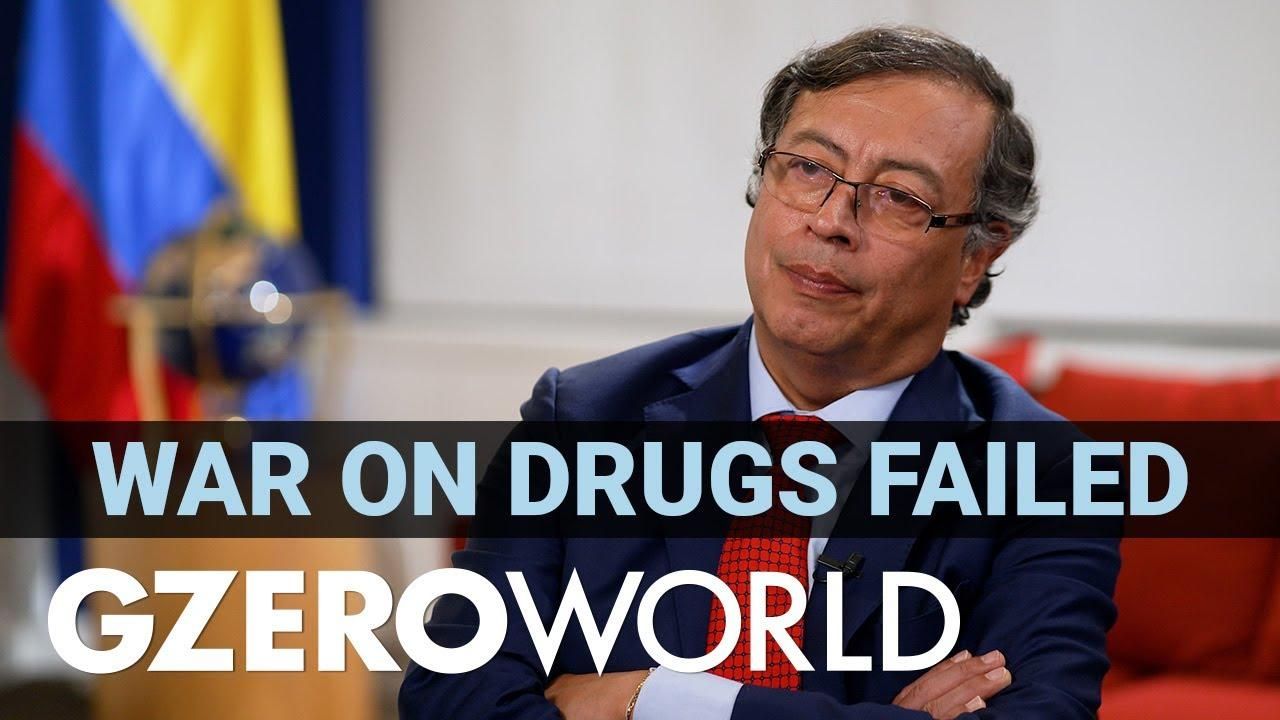Colombia's new president Gustavo Petro: Biden team aware the war on drugs has failed

Colombia has long been the United States' staunchest ally in Latin America. It's also been one of the longest standing democracies in the region. But it has never elected a leftist leader....until now.
Last June, former Bogotá Mayor Gustavo Petro made history eking out a narrow victory in the presidential election. Since being sworn into office last month, he has signaled a radically more liberal policy agenda.
He's also said he's ready to reassess the historically close US-Colombia relationship. In an exclusive GZERO World interview with Ian Bremmer, Petro's first broadcast interview with US media since taking office, Bremmer asks the new president if he thinks the United States wants to help him.
The answer to that, he explained, will have much to do with whether the Biden administration is ready to leave behind the failed War on Drugs.
This interview is part of an upcoming episode of "GZERO World with Ian Bremmer," which begins airing on US public television on Friday, Sept 23.
- Will Colombia really elect a leftist? - GZERO Media ›
- Petro at the Pinnacle: Colombia's new president takes office ... ›
- Hard Numbers: Petro aims for trillions, killings of Muslims rattle ... ›
- For Latin America, political risks overshadow economic gain from ... ›
- Is Latin America's new “pink tide” for real? - GZERO Media ›
- Restoring ties with Venezuela is a no-brainer for Colombia's new president - GZERO Media ›
- From stunted capitalism to economic growth in Colombia - GZERO Media ›
- Who is Colombia's new president? - GZERO Media ›
- How to solve Colombia's cocaine problem - GZERO Media ›
- Gustavo Petro: the guerilla-turned-president who wants to "develop capitalism" - GZERO Media ›
- Iván Duque: I should have been more forceful with US on drugs - GZERO Media ›
- Can there be capitalism without freedom? No, says Iván Duque - GZERO Media ›
- Will Gustavo Petro overhaul Colombia's economy, forests, and drug policy? - GZERO Media ›
- Can a leftist president change Colombia? - GZERO Media ›